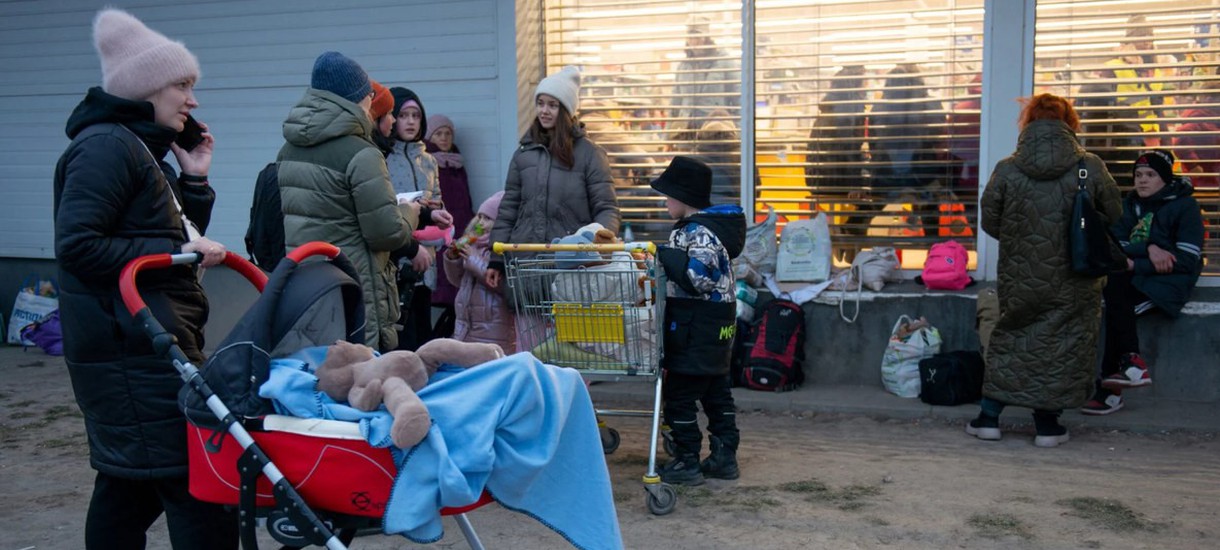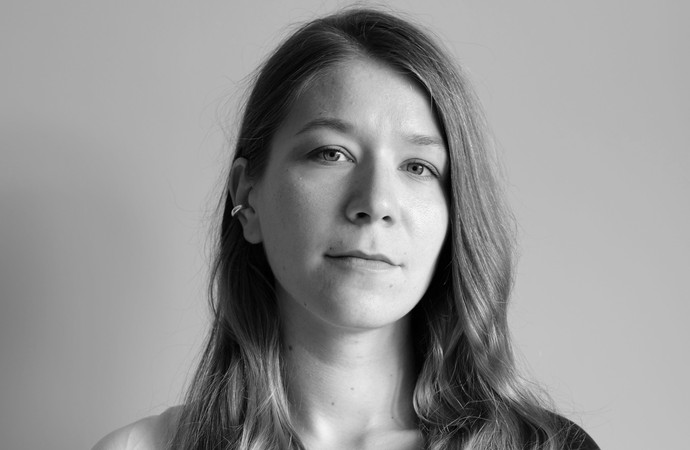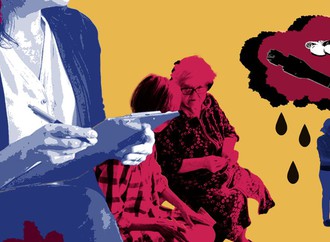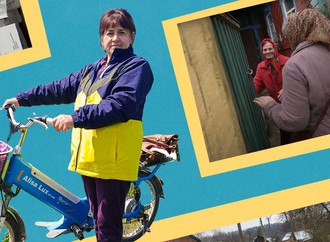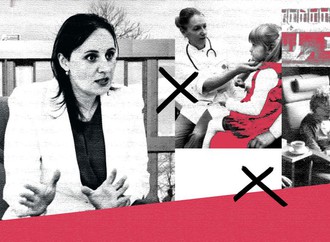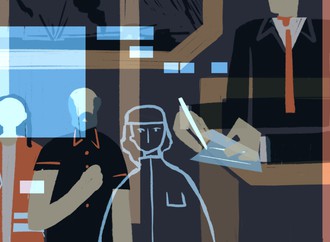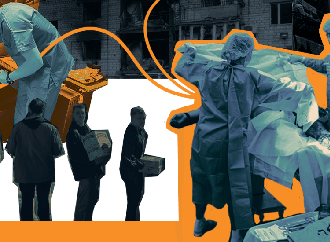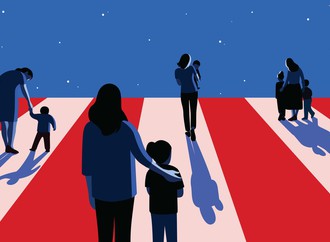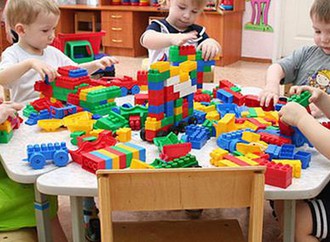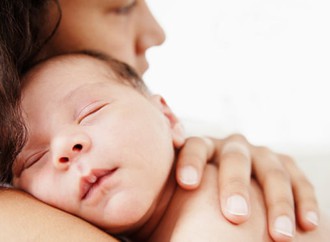In April 2022, a new consultative body was established under the President of Ukraine: the National Council for the Restoration of Ukraine from the Consequences of War. The Council works on 23 fields of social life. Selected experts are supposed to draft plans for postwar restoration in each of these fields. The fields include social protection. The relevant Ministry has already proposed its own vision of the six key areas of restoration in this field. They were articulated by Minister Maryna Lazebna at the special session of the OECD Ministerial Council Meeting on the humanitarian consequences of the war in Ukraine and restoration plans.
I focus almost exclusively on the first one of them: “welfare of families, helping them escape poverty.” The Minister’s report rightly mentions that a third of Ukrainians have lost their jobs since the beginning of the war, and 60 to 80 percent can end up below the poverty line. According to World Bank predictions, poverty below the limit of $5.50 per day will increase from around 2% to 20% of the population in 2022.
What measures are proposed to support the welfare of families? They include “programs aimed at stimulating employment and entrepreneurship, primarily among vulnerable categories of people and among people displaced due to the war.” The Ministry views this as an “investment in people’s self-employment” and notes that “it can and should be used to help people, especially women, who are already returning from evacuation.” Even if you are not interested in social policies but you read Ukrainian media, you could have noticed that in 2014 – 2016, the topic of individual success stories of internally displaced people who “could do it” and opened their own businesses was covered at least at the same level as the problems of IDPs which the government had not solved.
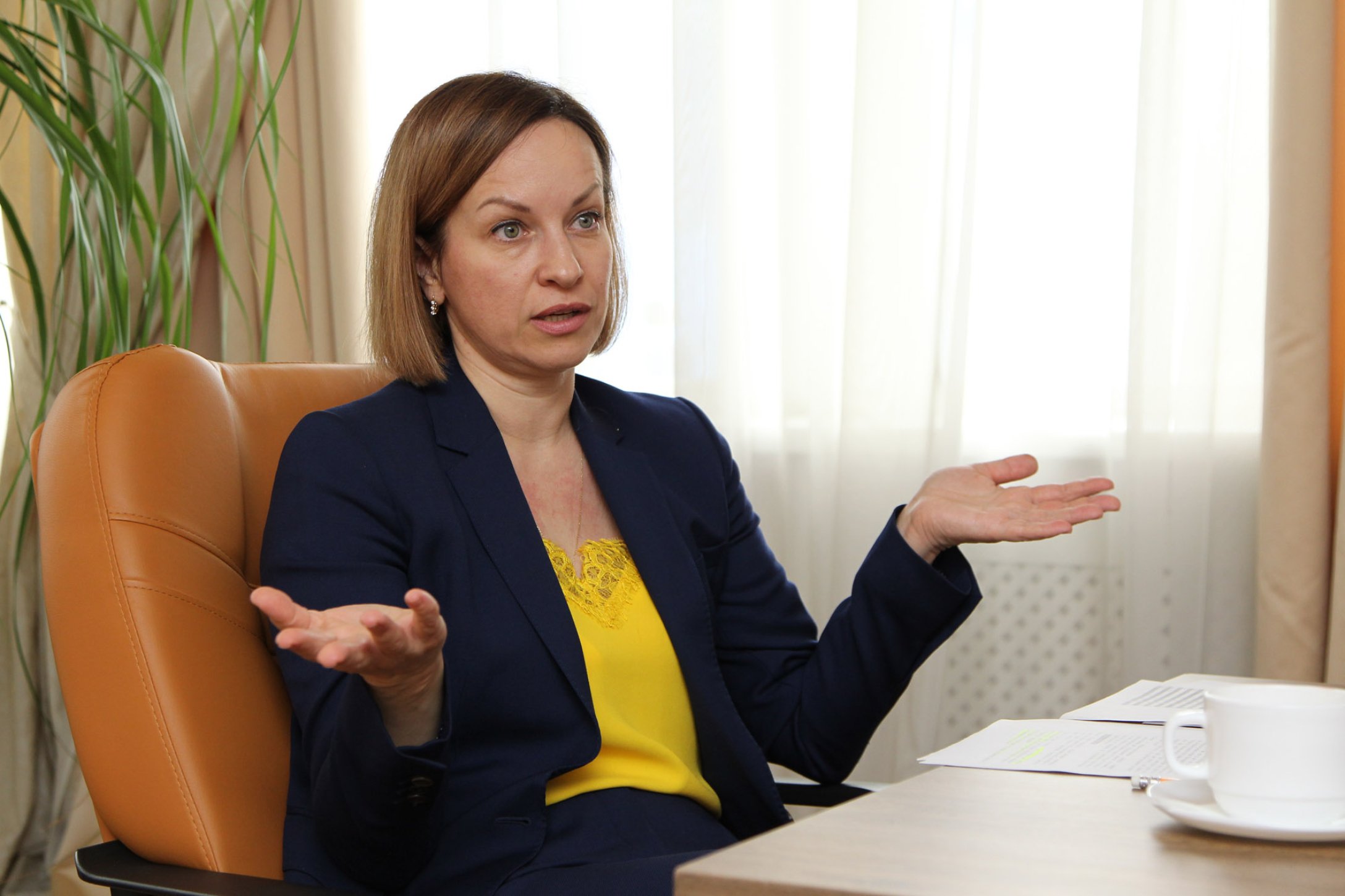
Maryna Lazebna, Minister of Social Policy / Photo: Kyrylo Chubotin
The report mentions successes in the Ministry’s implementation of the program for supporting microbusinesses opened by forcibly displaced and low-income people, funded by the World Bank:
“Instead of unemployed people receiving welfare payments every month, the state got taxpayers who created new jobs. Communities got economic revival and more wealthy residents. People took their fates into their own hands and escaped the state of poverty.”
The focus on maximum stimulation of welfare recipients to join the labor market is not new. Western European countries developed this approach back in the 1980s. It is called “activating labor market policies” and combines a set of policies which, roughly speaking, are supposed to “stimulate” individuals to “take their lives into their own hands,” join the labor market as soon as possible and “get off” welfare. These policies have their own supporters, but, of course, there are also many reasons to criticize this approach, particularly from the perspective of its ethics. But what is proposed in our case, “microloans for opening small businesses,” is an even more questionable measure for achieving the declared goal, namely overcoming poverty.
You can read about this very briefly in an accessible article by Ella Libanova, the Director of the Institute for Demographics and Social Research of the Academy of Sciences, which covers important research in the field of “evidence-based economics” by Abhijit Banerjeeі and Esther Duflo, winners of the Nobel Memorial Prize in Economic Sciences in 2019. Among other things, they researched the effectiveness of microloan programs in overcoming poverty; the countries in their sample include postwar Bosnia and Herzegovina.
Here are some of their findings:
“Poor borrowers allow wasteful spending of borrowed funds. Due to the small size of their enterprises, they take significantly more risks, and since they do not have reliable collateral, their official means to repay loans are rather limited.”
“Microfunding expands the opportunities for poor households to launch or develop their own businesses but does not guarantee that they will be able to escape the poverty trap.”
“What happens to companies founded by the poor? Unfortunately, they are mostly tiny enterprises without a single employee. They are mostly unprofitable, make too little money, and are doomed to remain small and non-lucrative. Poor people often start businesses not because they have aspirations or ambitions to do that, but due to the lack of other jobs. This is what explains why giving loans to open a new business or develop an existing one does not lead to a rapid improvement in its owners’ standard of living.”
Even if we disregard the values aspect of the issue, how successful microloan programs for “vulnerable population categories” to open their own businesses will be in a postwar country? What about “women returning from evacuation”? Actually, why should we disregard values, policies are not just about effectiveness but about values as well. Do we as a society want aid for vulnerable populations and “women returning from evacuation” to escape poverty to look like this?
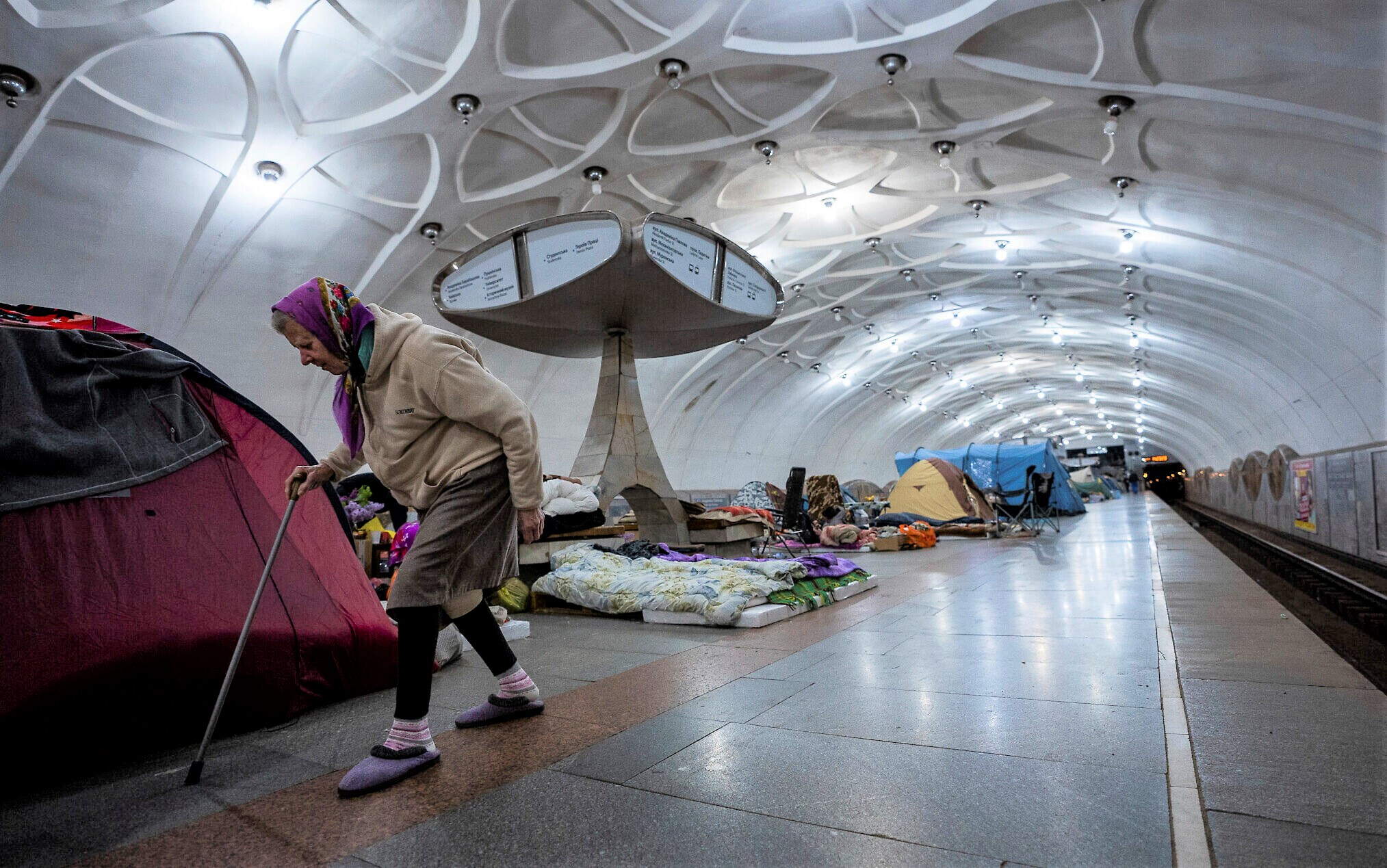
Kharkiv residents hiding in the subway during shelling. May 2022 / Photo: Mstyslav Chernov, AP Photo
The second proposal for overcoming poverty is to “introduce universal social benefits provided on the basis of income and family composition.” This wording makes you want to immediately re-read it, because it is literally about “universal targeted social benefits,” that is, “hot ice.” If aid depends on calculating family income, it is by definition not universal but targeted, i.e. means-tested social assistance. Because it can be received only by individuals/households which are deemed to be below a certain threshold after careful and regular assessment of their entire income. Quoting the Ministry, “Currently we have a cumbersome system of 35 types of welfare aid provided to people according to their social statuses. We have inherited this system built on Soviet approaches. Replacing it with universal aid will ensure targeted and effective public spending on welfare.” Universal aid will ensure targeted spending…
The system built on “Soviet approaches” allowed, for instance, all single mothers to receive welfare payments regardless of their income. If you say that we should not give welfare payments to people who already have money, I encourage you to think how much it would cost to manage the regular assessment of the income of all household members and what the risks are that someone who really needs help will not receive it. And in order to imagine this huge amount of income (“threshold”) beyond which you can no longer claim help from the government, you can look at the example of social services where it was planned to introduce a “differentiated” approach to payments, meaning an approach based on evaluating individual or family income, even before the full-scale war. According to this system, citizens whose monthly income exceeds four subsistence wages — which currently means the income of 7,500 – 9,500 UAH (the threshold depends on whether an individual is able to work) — are deemed to be able to afford the full price of social services.
Here is my last observation regarding the Ministry’s proposals. Generally, in some of them, I did not notice any innovations which would specifically tackle problems that have emerged during the war or which would take into account the specific context of postwar rebuilding and postwar society. Essentially these are the same policies in the same political direction taken before the war. Means-tested social benefits, microloans to stimulate self-employment, stimulating employment as a status which does not necessarily ensure a decent standard of living — just so people do not claim unemployment benefits. Their general purpose is to reduce social spending.
A similar aim can also be seen in the action plan for the third area of restoration, decent pension provision: “We propose that it should consist of a minimum guaranteed pension income and accumulative pensions.” Excuse me, but this is what was also proposed before the war. Attempts to implement a pension reform by abandoning the solidary pension system have been made in Ukraine for years. Fortunately, they were never successful. Yes, pension reform might be inevitable, but what should it look like? For instance, the International Labor Organization is the most critical of exactly those multi-pillar pension systems which are based on personal pension savings (that is, systems similar to what is proposed in Ukraine). This pessimism is caused by the fact that these systems “place many risks — macroeconomic, financial and demographic — on individuals and are unable to guarantee the principles of social security.” In our country, however, switching to this model is presented as a part of ensuring social security in a postwar country.
***
I want to hope that we are yet to hear proposals from the Ministry regarding social protection measures in the context of postwar restoration which will actually take into account all the problems that war has brought to people and not just repeat the approaches which were proposed in social policies before. In addition, it is necessary that working groups under the National Council include experts with various perspectives, members of non-governmental organizations and trade unions who can offer alternative ideas and views. It is also important to ensure the possibility of a broad and open discussion of restoration policies which would involve the population of Ukraine, who are entitled to make decisions on what social policies in Ukraine after the war should look like.
Finally, I would like to add that despite the importance of developing a complex vision of postwar restoration or restructuring of social protection, some urgent needs require the Ministry’s attention right now. While the discussion of how to stimulate entrepreneurship among the internally displaced after the war is going on, hundreds of IDPs have still not received any help since March.
